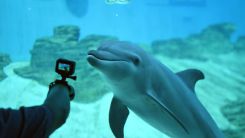
Ron Jefferson


Neonatal Brain Injuries Found Treatable Through Pre-Clinical Gene-Targeting Approach
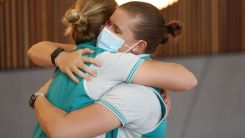
Cortisol Stress Hormones Reduced in Women Who Hug Partners Prior to Stressful Social Events
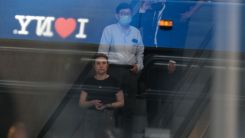
Monkeypox in US: NYC Health Officials Investigate Possible First Case in City [BREAKING]

Novel Instrument, Cosmic Telescope Used to Study the Heart of Galactic Nurseries
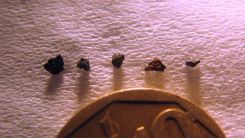
Hypatia: Extraterrestrial Rock That Landed in Egypt Possibly the First Evidence of Rarest Supernova in Universe
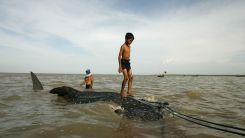
Whale Shark Populations Mysteriously Decline, Here’s Why According to Study

Zoom's AI-Powered Tools Detects User Emotions, But Rights Group Said This Invades Privacy
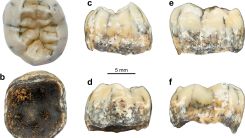
First-Ever Clue of Denisovan Species in Southeast Asia Unearthed in Laos Showing Ancient Humans Lived in the Region 130,000 Years Ago
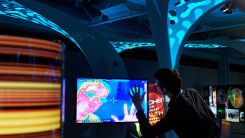
Reverse Solar Panel Generates Electricity Without Sunlight by Emitting Heat to Cold Night Skies
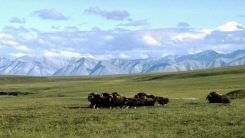
First-Ever Evidence of Brain Injury in Ramming Animals Confirmed
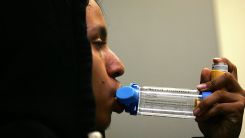
New Drug Combination Shows Promising Results Against Asthma Attacks

Two Unknown Dolphin Species Discovered in Prehistoric Switzerland
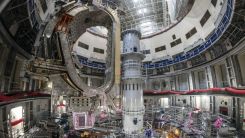
Greenwald Limit Exceeds Twice Its Capacity; Plasma and Fusion Reaction Can Produce More Energy Than Previously Thought
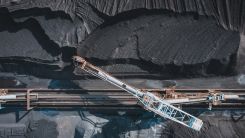
Is Gravity Battery the Future of Power Industry? How It Provides Solutions for High Capacity Energy Storage, Explained
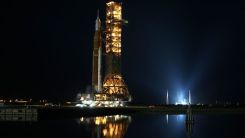
Improvement on Artemis 1 Lunar Program Continues, Air Liquide Reworks Issues on Wet Dress Rehearsals

Cutting Sleep Time Might Increase Chances of Dementia Development
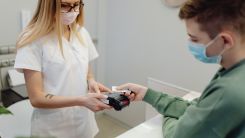
Living with Sickle Cell Disease is Ridiculously Expensive, Out-Of-Pocket Costs Hit More Than $44,000

Molecular Study Shows How This Probiotic Competes Bad Pathogens, Protects Gastrointestinal Tract

Ancient DNA from Uruguay Gives a Glimpse of South America's 'Lost' Indigenous People

Japan Develops Fluorine-Based Nanomembrane for Quick, Efficient Water Desalination

Audio Leaked by Unknown Russian Oligarch Says Vladimir Putin Has Blood Cancer
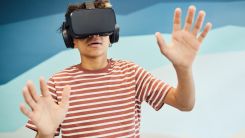
Digital Reality Meets Pediatric Operations: How Smileyscope Works for Children Afraid of Needles
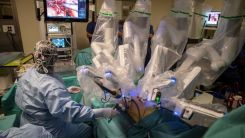
Robot-Assisted Surgical Operations Give Better Recovery Rates and Quality of Life, Cuts Readmission

Eating These Foods Cause Fatigue and Stress to Brain, Study Says
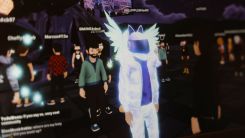
Metaverse Explained: Its Benefits and How It Can Surpass the Internet
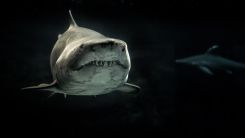
Non-Aggressive Great White Sharks Documented for the First Time Through a Unique Underwater Submarine

Asteroid Flyby This May: Space Rock Larger Than Empire State Building Will Pass Near Earth on Sunday

First-Ever X-Ray Fireball Phase of a White Dwarf Explosion Captured by eROSITA Telescope

Vaccines Show Promising Efficacy Against Rare Mosquito-Borne Viruses [CLINICAL TRIAL]
Most Popular

Persistent Coughs Are Everywhere: Here's What Experts Think Is Causing It

Ancient Hotspot Found to Have Created Great Lakes 300 Million Years Ago

Mysterious Structures Discovered Beneath the Pacific Ocean, Puzzle Scientists

Health Benefits of Drinking Hot Chocolate




